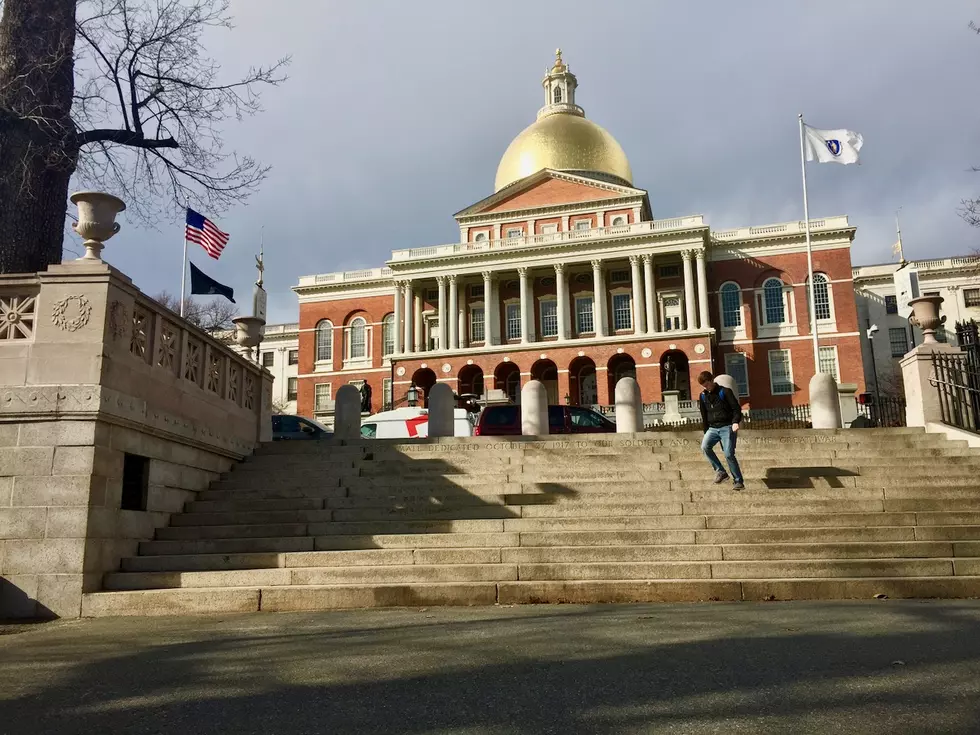![Kennedy’s Civil Gideon Is a Human Right [OPINION]](http://townsquare.media/site/518/files/2019/09/GettyImages-1096615804.jpg?w=980&q=75)
Kennedy’s Civil Gideon Is a Human Right [OPINION]
I have worked as a public interest attorney for the entirety of my legal career. Currently, I am appointed by the local courthouse to represent indigent defendants in criminal matters. It is both a gratifying and grinding vocation.
Working in public defense, you are a daily witness to the crushing weight that our legal system brings down on the most vulnerable population. Your job is to get the best possible outcome for your client, which will vary depending on the totality of the circumstances. To get an outcome where you have truly felt as though a positive difference was made in someone’s life is among the most rewarding professional and human experiences one can have.
A public defender’s duty is entrusted to them by the U.S. Constitution’s Sixth Amendment right to counsel in criminal matters. This duty was affirmed in 1963 by the landmark Supreme Court case Gideon v. Wainwright which compels the government to afford indigent criminal defendants legal counsel.
However, sometimes matters outside of Gideon’s scope arise from the underlying criminal case. Merely being charged with a crime can jeopardize, to name a few, a person’s access to housing, employment, benefits, and their parental rights – thrusting them into an entirely different realm of the legal system in which a public defender has neither the purview nor the capacity to represent them. In cases like this, it can often feel like your job is ushering your client down the River Styx and letting them off at the least objectionable hellscape.
These inequities, of course, are not only true for individuals entangled in the criminal justice system, but for working-class households across the country as well. Last year, 94 million Americans were unable to afford an attorney, which included matters such as evictions, bankruptcy, employment, lost wages, and domestic abuse.
In many of these matters, their opponents are often corporations and are able to use their considerable resources to overwhelm and further debilitate unrepresented litigants. Generally, the only recourse for these indigent litigants is to seek help at a legal aid clinic. These clinics, while staffed with dutiful and passionate legal advocates, aren’t prioritized as a fundamental right and are thus poorly funded and exhausted of the resources needed to handle the full volume of clientele that qualify for their services.
Rep. Joe Kennedy III, having worked as a public interest attorney before his election to Congress, fully understood this when he co-founded the Access to Legal Aid Caucus in the House. Now, as COVID-19 has wreaked havoc on our economy and caused court closures across the country, access to justice is as fundamental a human right as any.
It’s why Kennedy decided now is the time to propose his "Civil Gideon" resolution in the House. This resolution would expand Gideon v. Wainwright’s guarantee of legal counsel to include the aforementioned civil matters. Kennedy wants to use this critical moment in time to address one of society’s most pressing but least talked about civic challenges.
“COVID-19 has crystalized the lasting injustice of forcing low-income Americans to stand in civil courtrooms to fight for their lives and livelihoods without legal assistance," Kennedy said. “As we fight for bold systemic reforms, we must ensure no one is forced to navigate a complex legal system alone to keep the roof over the head, to be guaranteed their earned wages or to fend off unjust medical debt. Establishing and enshrining a civil right to counsel must be one of the tools we use to rebuild our economy in the days, months and years ahead.”
Of course, an ideal society is one where these injustices never rear their ugly head. However, Kennedy and his broad coalition of cosponsors – from Republicans Susan Brooks and Fred Upton to progressive firebrands Ilhan Omar, Pramila Jayapal and Rashida Tlaib – recognize the grim reality of these inequities and that a full guarantee of counsel is one of the many comprehensive reforms needed to address the systematic failures of society.
These civil matters which can deprive you of your home, your wages, your family, and your safety stand equally with criminal charges as a threat to an individual’s right to a prosperous and dignified life. Kennedy, recognizing the pitfalls of our legal system, has reinvigorated the debate for a Civil Gideon at a time where these threats will become more prevalent ever.
Marcus Ferro is an attorney practicing in New Bedford and a weekly contributor to The Chris McCarthy Show on 1420 WBSM. Contact him at marcusferrolaw@gmail.com. The opinions expressed in this commentary are solely those of the author.

More From WBSM-AM/AM 1420


![The Nomination Is Healey’s to Take [OPINION]](http://townsquare.media/site/518/files/2017/10/DSCN4930.jpg?w=980&q=75)



![Moderate Dems Now Know Party’s Left-Wing Is in Control [OPINION]](http://townsquare.media/site/518/files/2020/09/GettyImages-1193634049.jpg?w=980&q=75)
![Kennedy on Jobs, Justice and New Bedford Fishing [OPINION]](http://townsquare.media/site/518/files/2020/07/Imports-1-of-1-13.jpeg?w=980&q=75)

